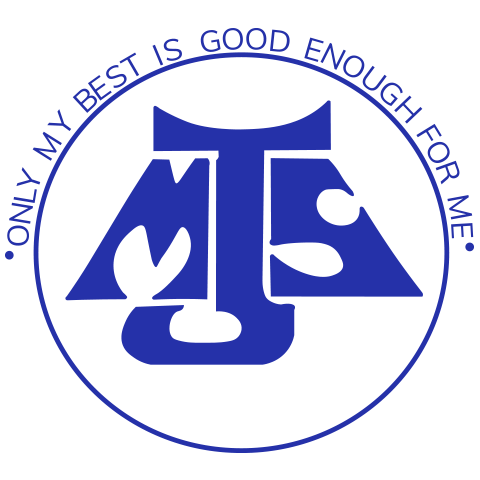R.E.
Religious Education
Intent
Melbourne Junior School’s Religious Education curriculum aims to develop deep thinkers who are open-minded about religion and worldviews. We use a commercial scheme to deliver an RE curriculum which covers that proposed by the Derbyshire Agreed Syllabus, and which is relevant to pupils, preparing them for life in modern Britain. Through the scheme, children will secure a deep understanding of concepts in order to be able to make connections, ask and respond to challenging questions, learn to respect and appreciate worldviews that are different to their own and consider their personal preconceptions, responses and views. Children will study religions locally, nationally and globally, enabling them to make links and connections between different worldviews. By revisiting key ‘big questions’ and building on prior knowledge, pupils will learn about how religion and worldviews are lived experiences across the world, consider the impact of worldviews on society and have opportunities to consider their personal worldviews. The scheme of work enables pupils to meet the government guidance, which states that RE must reflect that ‘the religious traditions in Great Britain are, in the main, Christian, while taking account of the teaching and practices of the other principal religions represented in Great Britain’. Its scheme has been designed to fulfil the aims of A Curriculum Framework for Religious Education in England and units have been chosen to reflect the Derbyshire Agreed Syllabus.
Implementation
Units and lessons are carefully sequenced so that previous knowledge is returned to and built upon. Children progress by developing and deepening their knowledge and understanding of concepts by experiencing them in a range of contexts. In Key stage 2, children encounter a range of religions and worldviews and consider the diverse nature of religious and non-religious lived experience.
Each unit includes a ‘big question’ which allows children to apply the breadth and depth of their learning across various concepts, with more specific, focused enquiry questions to allow children to explore the content they are studying, make comparisons and links within and across religions and worldviews, and explore their personal views. Lessons are designed to be varied, engaging and hands-on, allowing children to learn and record their thoughts, answers and ideas in various ways. Throughout the units, children will learn skills to have respectful discussions and respond sensitively to one another.
Impact
The RE curriculum will promote inquisitive minds, respect, tolerance and understanding for all those around them including themselves. Our lessons enable high quality discussion, resulting in work to evidence these discussions, showcasing a deep understanding of the main religions of the world, their community and their future.
The children will:
- Know and understand religious concepts relating to beliefs, practices, community and belonging, and wisdom and guidance.
- Develop an understanding of the influence of organised and personal worldviews on individuals, communities, countries and globally.
- Develop understanding of their relationship with the content studied, being able to talk about their assumptions and preconceptions.
- Build secure vocabulary which allows them to talk confidently and fluently about their learning.
- Answer questions about worldviews through an enquiry-based approach including investigating, interpreting, evaluating, applying and expressing.
- Talk about the similarities and differences between their own and others’ beliefs with respect and open mindedness.
- Understand the lived experiences of religious and non-religious worldviews to be diverse within and between people and communities.
- Develop an understanding of the ways in which personal and organised worldviews may develop and change across time and place.
Evidence will be shown in class floorbooks, and seen through use of the correct vocabulary, explanations and respectful opinions, religious and cultural artwork, drama, craft and presentations. Children should enjoy the experience of learning RE and understand how it can help them in their future.
